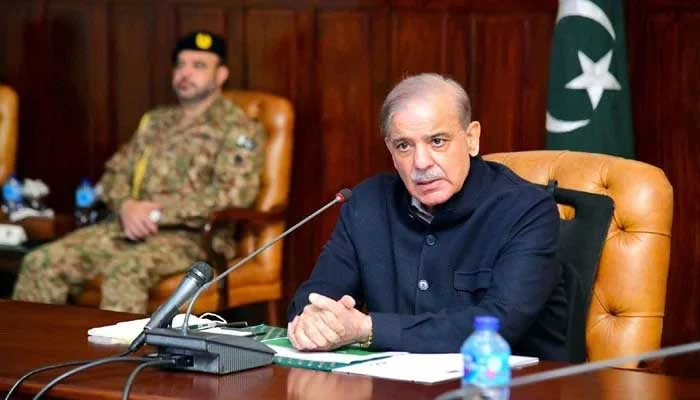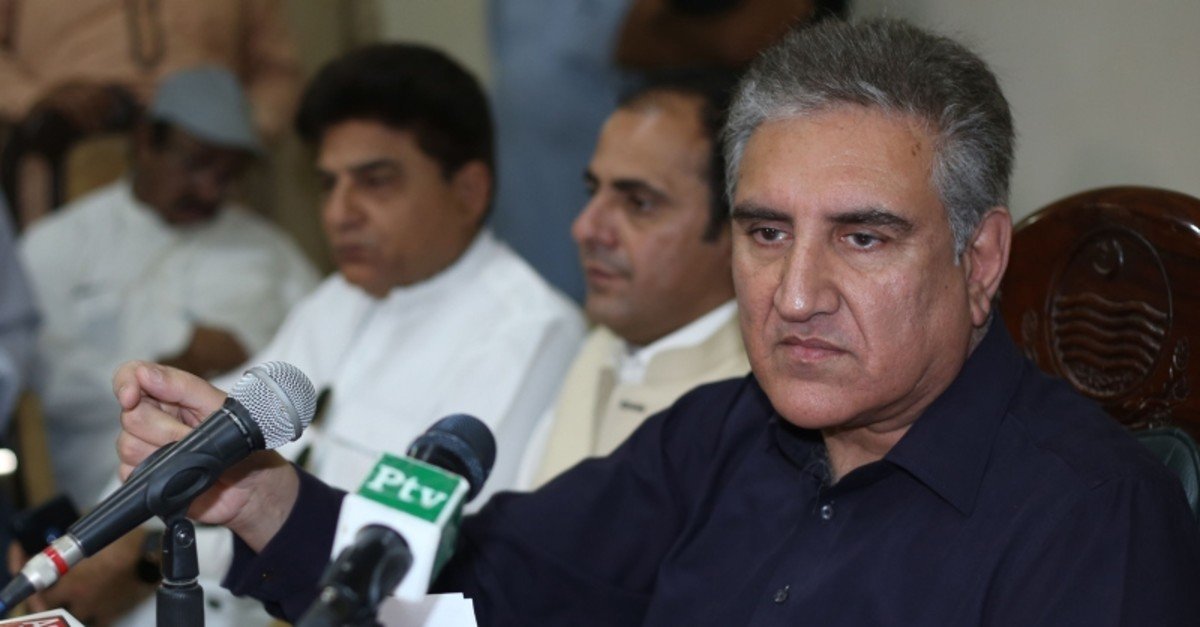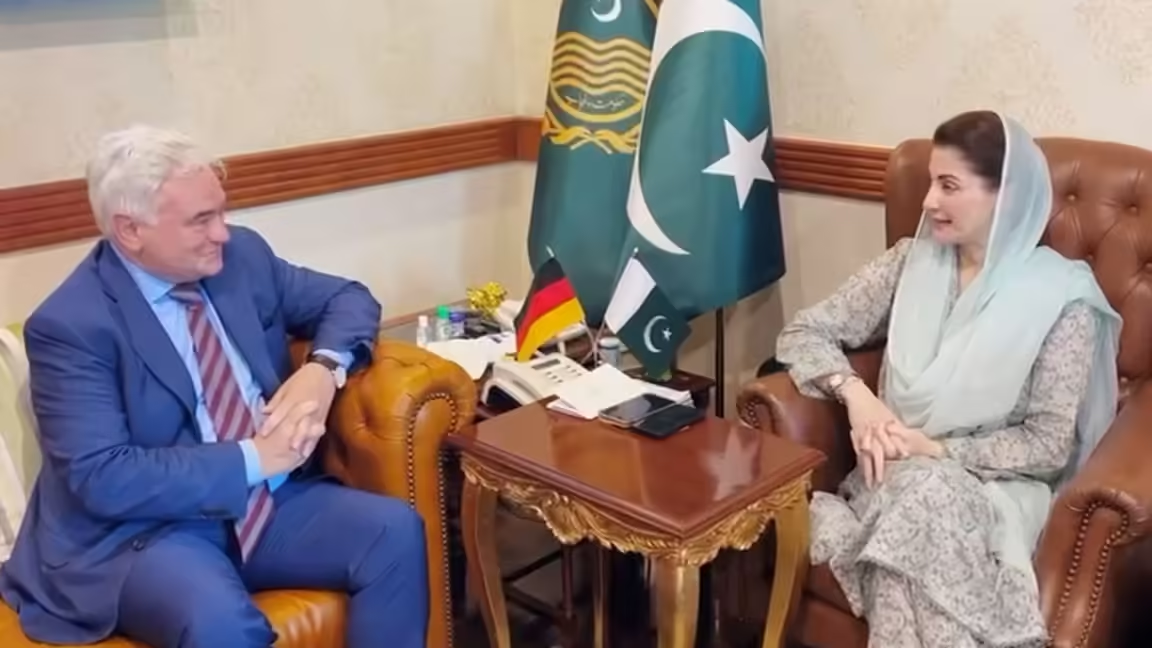The recent revelation about a CEO of a state-owned enterprise (SOE) pocketing over Rs355 million in benefits within 32 months has sparked outrage and urgency for action. In response, Prime Minister Shehbaz Sharif has constituted a high-level committee to introduce SOE governance reforms in Pakistan. This move highlights the growing concern that public funds, meant for development and services, are instead being diverted for personal enrichment by top SOE management.
The Scandal That Sparked Reform
On August 8, The News reported how the CEO of an economic ministry-affiliated SOE, appointed in 2022, manipulated loopholes in the SOE Act, 2023 to extract excessive benefits. His monthly fixed salary was Rs500,000, but perks and bonuses pushed his total benefits to Rs355 million in just 32 months.
Key financial abuses included:
- Rs56.3 million in fixed bonuses
- Rs27.5 million in performance bonuses
- Rs52.3 million in a self-approved payout on his last working day (including Rs28.8 million in severance pay despite resigning voluntarily)
- Rs58.6 million spent on 23 foreign trips to destinations like the UAE, UK, and Australia, many of which were unrelated to the SOE’s actual operations
This case is not just an isolated incident but a reflection of deeper systemic flaws in the governance of SOEs.
Why SOE Governance Reforms in Pakistan Are Urgent
Pakistan has over 200 state-owned enterprises operating across key sectors such as energy, aviation, banking, and manufacturing. Collectively, they hold assets worth trillions of rupees and employ thousands of people. According to the Ministry of Finance’s 2023 report, SOEs contribute about 10% of Pakistan’s GDP, yet many consistently post losses, burdening the national exchequer.
The misuse of public funds by top executives shows that the SOE Act, 2023, rather than tightening governance, has unintentionally created loopholes. Boards dominated by private-sector directors and weak oversight mechanisms allow CEOs to exploit “independent” powers, often approving excessive perks without accountability. Without urgent SOE governance reforms in Pakistan, billions more could be lost.
The Government’s Response
Following the exposé, the Prime Minister directed the Cabinet Division to issue a notification on August 15, forming a nine-member committee chaired by the Minister for Establishment. Members include:
- Secretaries from the Finance, Law, Commerce, Power, and Cabinet Divisions
- The Federal Board of Revenue (FBR) chairman
- Two private-sector governance experts
Committee’s Key Tasks
- Review the SOE Act, 2023 – Identify and close legal gaps that allow misuse.
- Improve Board Appointments – Eliminate delays and bottlenecks that hinder transparent selection.
- Enhance Transparency in CEO Pay Packages – Ensure compensation aligns with performance and industry benchmarks.
- Strengthen Compliance and Oversight – Make board decisions subject to independent review.
- Prevent Abuse of Independent Powers – Propose checks to stop CEOs and boards from self-approving excessive perks.
The committee has been given three weeks to submit actionable recommendations.
Lessons from International Models
Globally, successful SOE governance frameworks emphasize accountability, transparency, and merit-based leadership. For instance:
- Singapore’s Temasek Holdings – Publishes detailed financial statements and subjects executives to strict parliamentary oversight.
- Norway’s State-Owned Enterprises – Operate under clear performance benchmarks tied to national development goals.
Pakistan can adapt these practices, ensuring SOE governance reforms strengthen public trust while aligning enterprises with economic growth.
What’s at Stake for Pakistan
If unchecked, misuse of taxpayer funds by SOEs could deepen Pakistan’s financial crisis. Already, SOEs like PIA and Pakistan Steel Mills have been running at massive losses. The Ministry of Finance reported in 2023 that loss-making SOEs cost the government over Rs500 billion annually. Without reform, scandals like the recent Rs355 million payout will continue draining public resources that could otherwise fund education, healthcare, and infrastructure.
Moving Toward Accountability
The establishment of this committee is a step in the right direction. But real change depends on whether its recommendations are implemented and whether future laws truly enforce transparency. Key measures that could ensure long-term accountability include:
- Publishing annual audited reports of all SOEs
- Setting performance-based contracts for CEOs
- Introducing independent watchdog bodies for oversight
- Mandating parliamentary review of SOE financials
The case of the CEO exploiting loopholes to amass Rs355 million in perks is a wake-up call. For Pakistan’s economy to stabilize, SOE governance reforms in Pakistan are not optional—they are essential. By strengthening oversight, ensuring transparent appointments, and linking executive pay to performance, the government can protect taxpayer money and restore public trust in state institutions.
As the high-level committee prepares its recommendations, the public and policymakers alike must ensure this is not just another temporary fix but the beginning of a permanent shift in governance culture.



